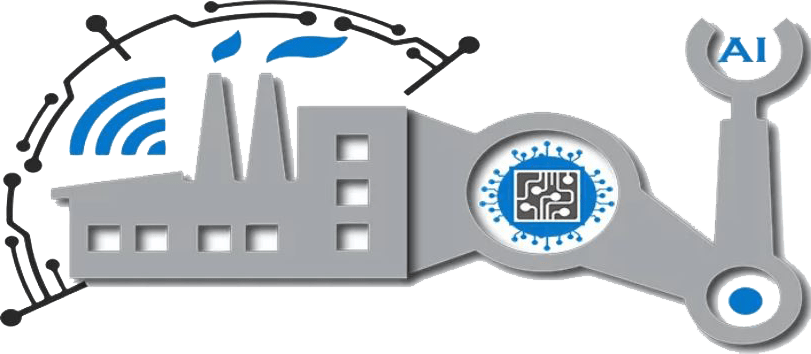Industry 5.0 represents the next phase in the industrial revolution, emphasizing the collaboration between humans and advanced technologies. Among these technologies, blockchain stands out for its potential to revolutionize various aspects of industry through enhanced security, transparency, and efficiency. The integration of blockchain with industrial IoT, decentralized manufacturing, and intelligent contracts brings a multitude of benefits, although it also presents some challenges.
Discuss the Integration of Blockchain with Industrial IoT, Decentralized Manufacturing, and Intelligent Contracts
In industrial IoT (IIoT), blockchain technology ensures the integrity and security of data exchanged between connected devices. By creating an immutable ledger of all transactions and data exchanges, blockchain provides a transparent and tamper-proof record that can be trusted by all parties. This is particularly valuable in environments where data accuracy and security are paramount. Blockchain’s decentralized nature also helps mitigate the risk of single points of failure, enhancing the overall resilience of IIoT systems.
Decentralized manufacturing leverages blockchain to enable a distributed network of production facilities, allowing for more flexible and responsive manufacturing processes. Blockchain ensures that all parties in the network have access to the same accurate and up-to-date information, facilitating better coordination and collaboration. This can lead to significant improvements in production efficiency and the ability to quickly adapt to changes in demand. Additionally, blockchain can help track the provenance and authenticity of materials and products, ensuring compliance with regulations and standards.
Intelligent contracts, or smart contracts, are self-executing agreements with the terms of the contract directly written into code. In the context of Industry 5.0, smart contracts can automate a wide range of industrial processes, from procurement and supply chain management to quality assurance and maintenance. By leveraging blockchain, smart contracts ensure that all transactions are transparent, irreversible, and secure. This reduces the need for intermediaries, cuts costs, and accelerates transaction times. Moreover, smart contracts can help enforce compliance with contractual terms and conditions, reducing the risk of disputes.
Focusing on the Benefits and Challenges of Blockchain in Industry
The benefits of blockchain in Industry 5.0 are numerous. Enhanced security and transparency are perhaps the most significant, as blockchain’s immutable ledger provides a reliable record of all transactions and data exchanges. This reduces the risk of fraud and ensures accountability. Blockchain’s decentralized nature also enhances the resilience of industrial systems, making them less vulnerable to cyberattacks and failures. Furthermore, the use of smart contracts can automate and streamline various processes, reducing costs and improving efficiency.
However, the integration of blockchain in industry also presents challenges. One of the primary challenges is scalability, as current blockchain networks can struggle to handle large volumes of transactions quickly. This can be a significant barrier in high-speed industrial environments. Additionally, the energy consumption associated with blockchain, particularly proof-of-work-based systems, raises concerns about sustainability. Interoperability is another challenge, as integrating blockchain with existing systems and technologies can be complex and require significant investment. Finally, regulatory and legal uncertainties surrounding blockchain technology may pose risks and slow down its adoption in industry.
In conclusion, blockchain technology holds great promise for transforming Industry 5.0 by enhancing security, transparency, and efficiency. Its integration with industrial IoT, decentralized manufacturing, and intelligent contracts offers numerous benefits, although it also comes with challenges that need to be addressed. As industries continue to explore and adopt blockchain, it will play a crucial role in shaping the future of manufacturing and industrial processes.





